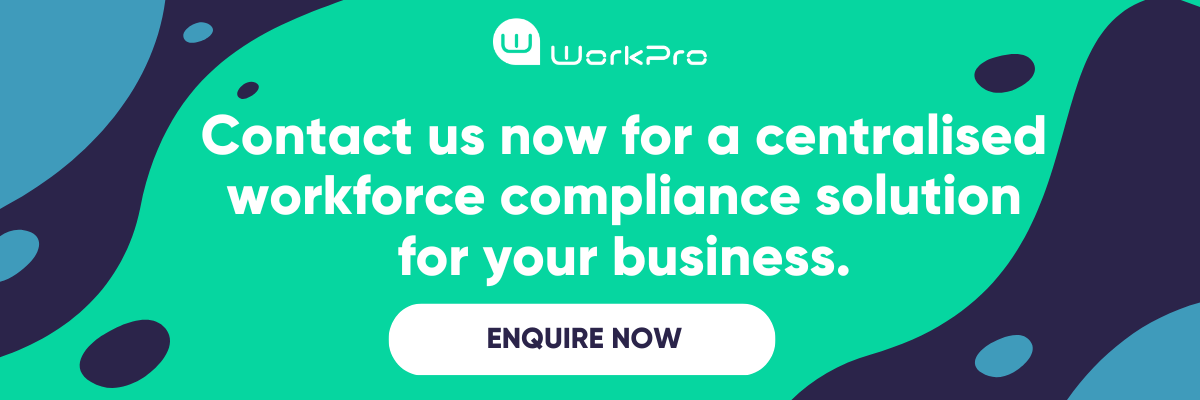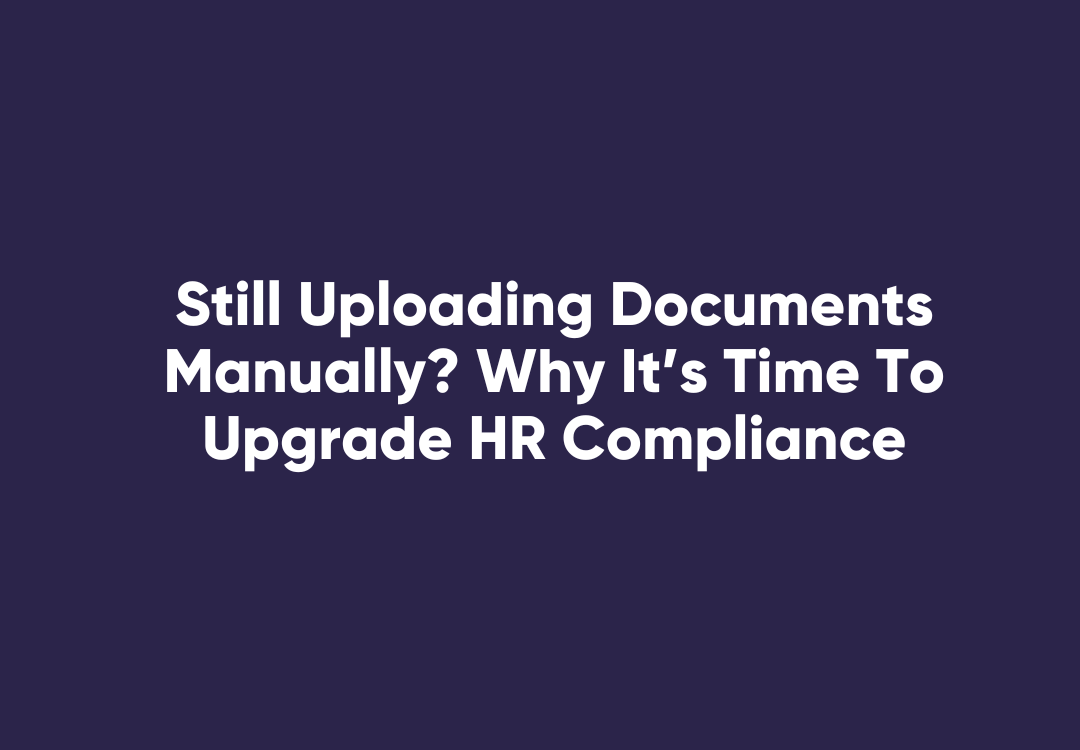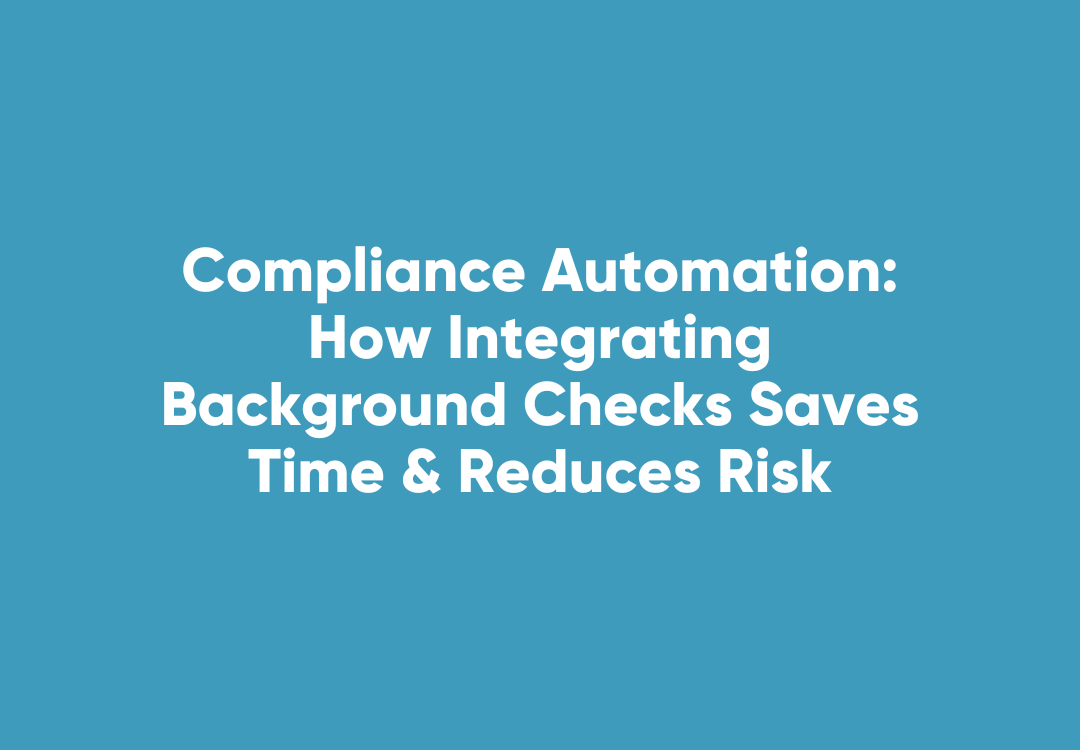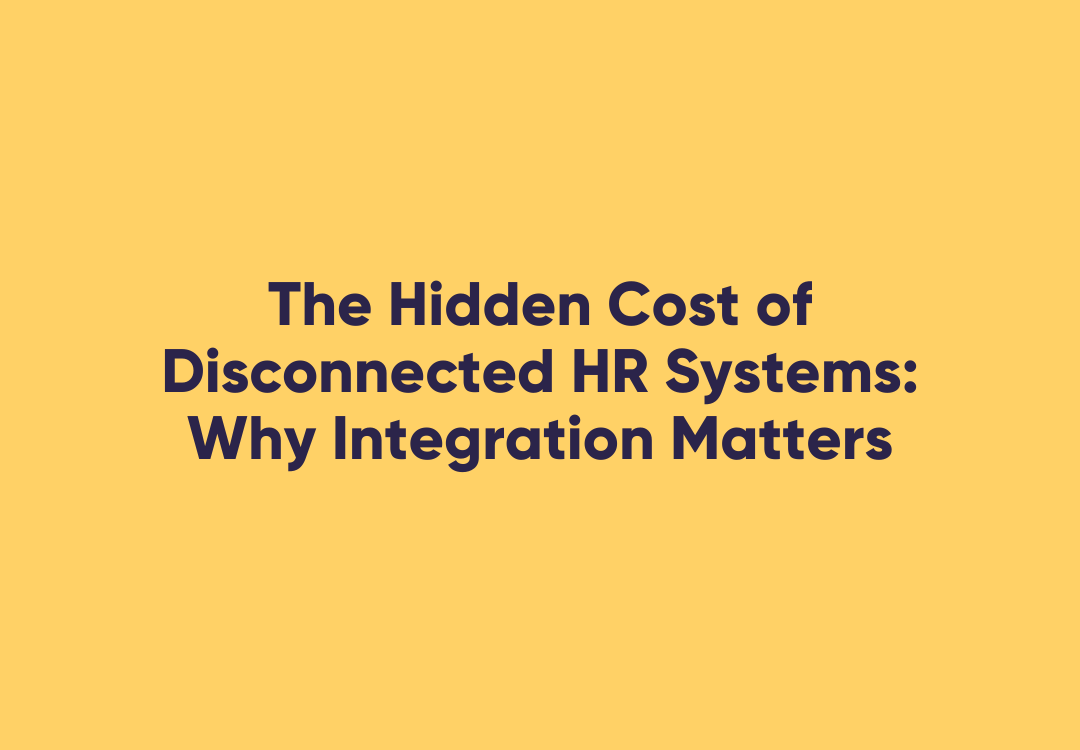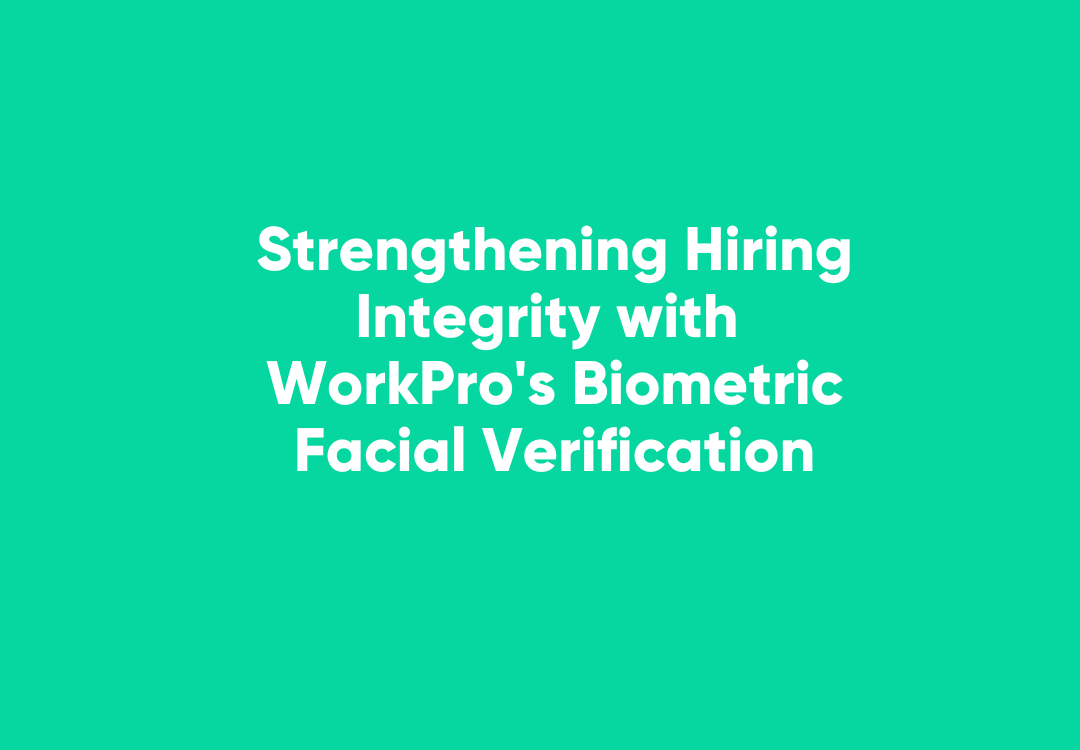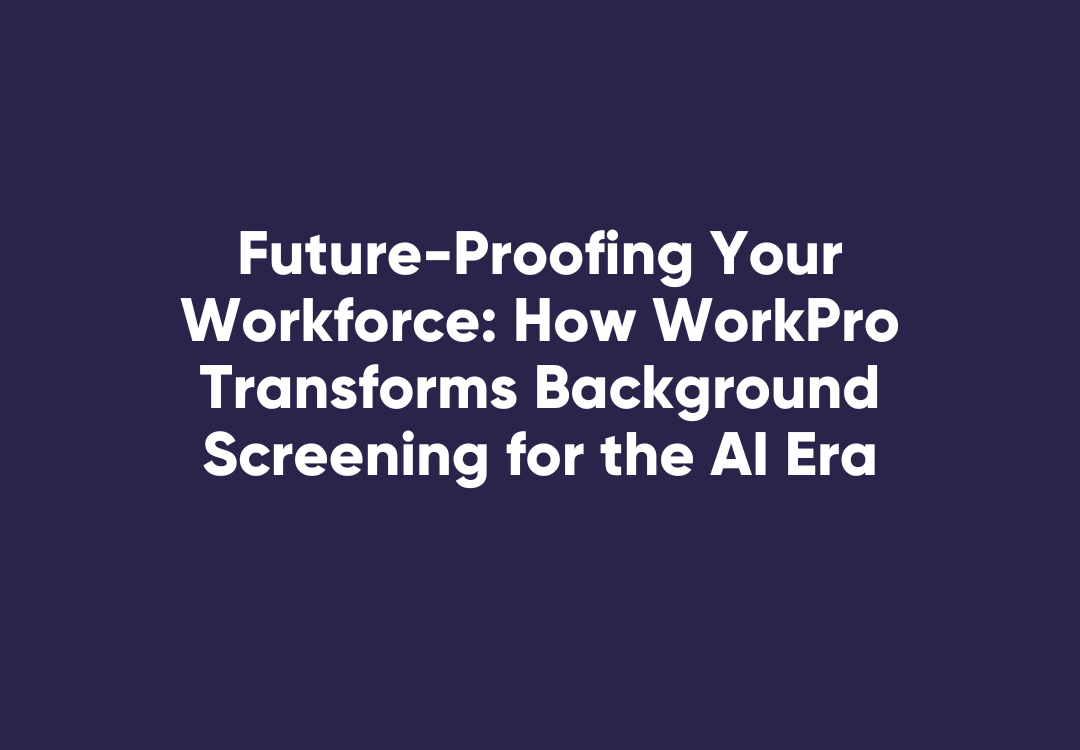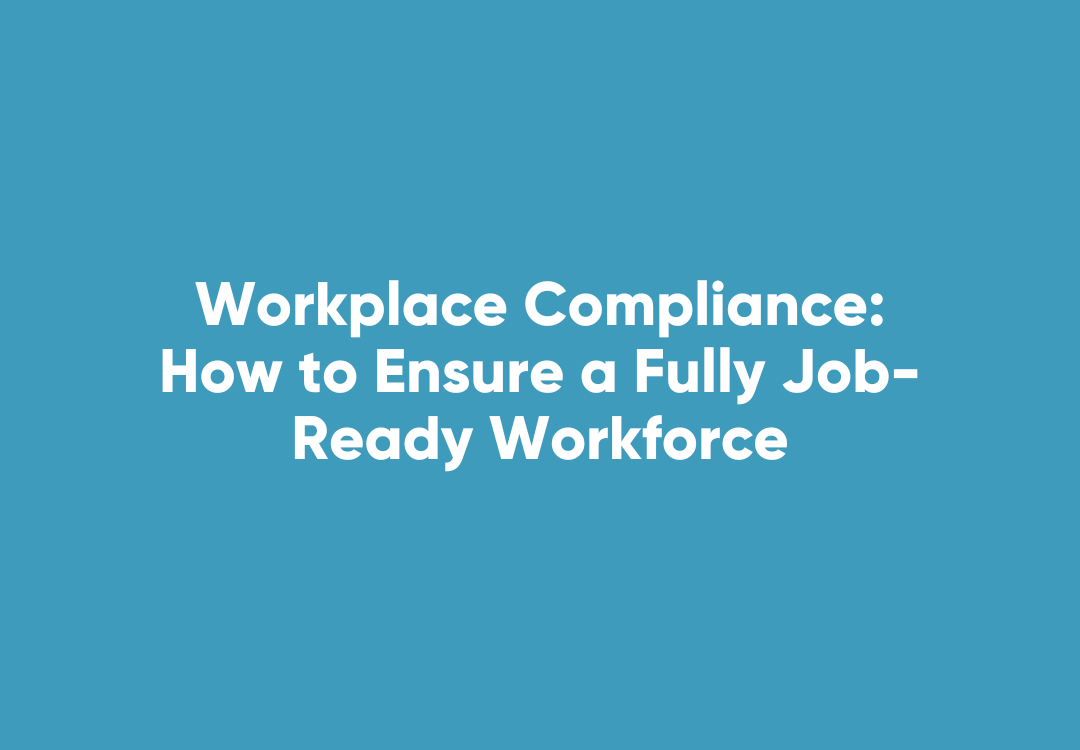Lies, Fakes & Frauds: Background Checking Candidates
Protecting Your Company From Fake and Underqualified Candidates
The increasing presentation of fraudulent documents by candidates during the hiring and employment process is a growing business concern. Fake references, qualifications, employment history and identity documents are some tactics designed to secure a role for which they are unqualified or inexperienced.
Recent Finder research shows about one in six Australians self-claim to be under-qualified for their current jobs, with 13 per cent of Australians having lied on a resume or during a job interview to secure a role.
The rise of AI has also contributed to this issue. The new 2024 Global Workforce Report by Remote, has revealed that 83% of Australian companies have received AI-generated resumes containing false information. The increase in these resumes has been found to contribute to more underqualified or unvalidated candidates entering the recruitment process.
Without proper due diligence in place, it can cause major disruptions to your operations, presenting risks to your workforce and the broader community they may service in their role.
Implementing robust measures to prevent this behaviour is paramount, starting with a thorough and independent background checking program that includes AI-assisted document analysis and digital identity verification.
Common Tactics Used by Fake or Underqualified Candidates
- Lying About Qualifications: Some candidates embellish their achievements, falsely claiming responsibility for significant projects or fabricating entire job roles.
- Photoshopped Credentials: Advanced editing tools and AI make it easy to create convincing fake degrees or certificates, complicating manual verification efforts.
- Discrepancies in Employment History: Unexplained gaps or inconsistent timelines in resumes can be tell-tale signs of dishonesty.
- Fake References: Underqualified candidates may provide fabricated references or contacts who collude in their deception.
- Name-Dropping and Frequent Moves: Listing a range of large companies such as Google, IBM and Microsoft, and having only stayed at these companies for a year or so across different cities of the country, could be false.
- Lack of detail in job descriptions: If a candidate provides vague or generic detail in their job descriptions, this could be sign of fabrication. Further questions in the interview can help uncover this.
- Lack of professionalism in communication: A well-written resume paired with unprofessional communication such as multiple spelling errors, grammar mistakes, or inappropriate language in emails or messages may indicate the candidate is not who they claim to be.
Red Flags to Watch Out For Recruiters should remain vigilant for indicators of potential fraud, such as:
- Sparse profiles on platforms like LinkedIn.
- Inconsistent LinkedIn connections relative to the candidate’s claimed experience.
- Resumes that appear to copy information from top-performing professionals.
- Reluctance to use video during interviews or technical assessments.
- Exclusive preference for remote roles and refusal of in-person interactions, even for team events.
- Requests to ship equipment to unverified addresses post-onboarding.
How to Safeguard the Process
- Embrace the Digital Identity Act 2024: The Digital Identity Act 2024, recently enacted on December 1, 2024, is Commonwealth legislation that provides individuals with secure, convenient, voluntary, and inclusive ways to verify their identity for online transactions with government and businesses. It establishes principles, governance, and oversight mechanisms for regulating entities providing or relying on Digital ID services, thereby enhancing trust and security in digital interactions.
- Leverage WorkPro’s Digital Identity Solution: WorkPro offers a comprehensive Digital Identity Solution which aligns with the Digital Identity Act, and is practically designed to streamline the verification process:
a. Document Analysis: Utilising Microsoft’s AI technology, WorkPro automates the extraction of data from identity documents, such as passports and birth certificates, reducing manual entry and minimising errors.
b. Document Verification Service (DVS): As an accredited Gateway Service Provider for the Attorney-General’s DVS, WorkPro cross-checks identity documents against government records in real-time, ensuring their authenticity.
c. Biometric Facial Recognition: This feature adds a critical layer of security by performing a "liveness test" to confirm that the person is who they claim to be, verifying facial characteristics against a photo ID document.
d. ID Vault: WorkPro's ID Vault securely stores validated candidate identity documents with end-to-end encryption, ensuring that personal information is managed properly and aligning with legal frameworks for privacy and data security standards.
Implementing these measures are designed to safeguard your recruitment process and assist your organisation to adhere to the national standards for digital identity verification, fostering a more secure and efficient hiring environment.
The prevalence of fake and underqualified candidates underscores the necessity of protecting your company from potential fraud. By recognising red flags, conducting due diligence, and adopting advanced tools like WorkPro’s Digital Identity Solution, you can secure your recruitment process and build a trustworthy workforce. Contact us today if you’re interested in finding out more.




